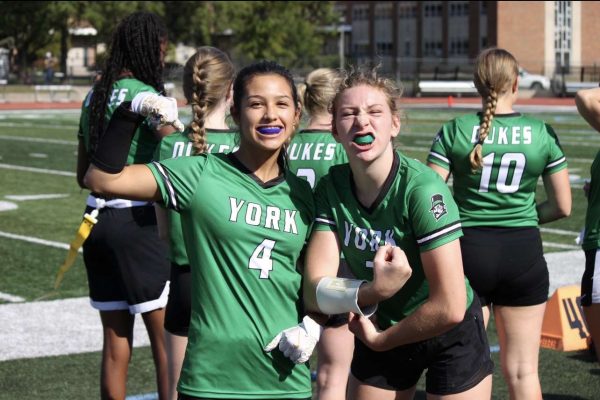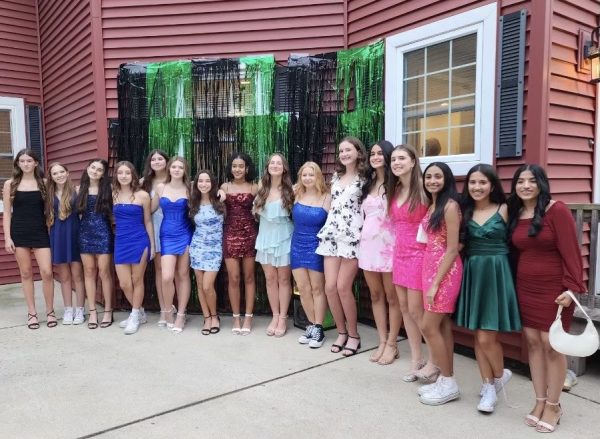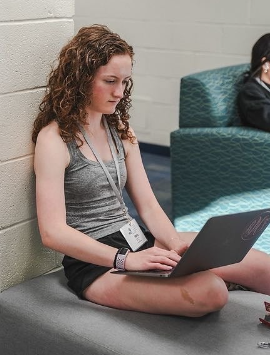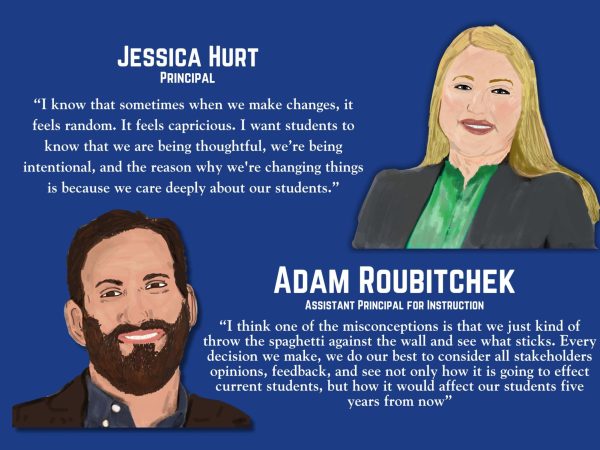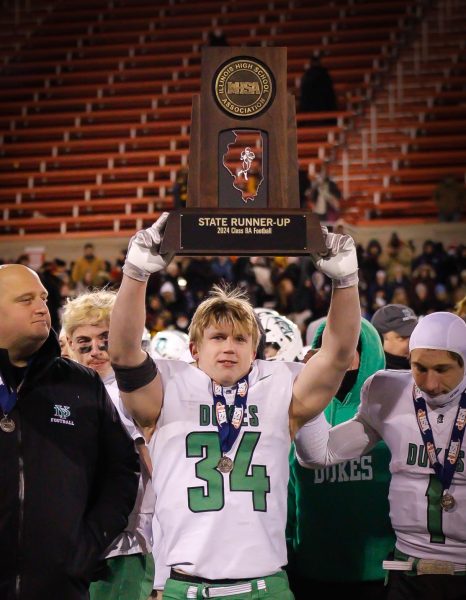Sexual Assault In The Media and Society
Starting in October of 2017, #MeToo swept the internet as people began to share their experiences with sexual assault. This began a movement that would encourage people– specifically women–to tell their stories, exposing the truth behind actions of abusers like Harvey Weinstein and Bill Cosby. Now, more than ever, victims are encouraged to step forward, and more and more stories are finally coming to light.
Not only is this encouraging victims to demand justice for their trauma, it also has caused a shift in victim blaming and rape culture in our society. One of the first major cases that dealt with victim blaming and launched a call for change occurred after an anonymous woman released a letter that she wrote to Stanford student Brock Turner detailing her own rape where Turner was the assailant. After he was found guilty, Turner will only be facing six months in a minimum security prison, sparking outrage across the nation.
“It seems the judge was so concerned about protecting Brock from the harsh prison environment, that he forgot the real reason he is a judge,” Emily Bridegam, journalist for the Odyssey said. “The court system is designed to serve justice when a crime is committed. That is not what has happened in this case.”
After this ruling, there was immediate backlash on the internet about the way that victims were shamed and what should be the consequence for people who commit horrible acts of sexual assault. This was brought to light even more so as popular Hollywood names were brought into the discussion, starting with Harvey Weinstein and then erupting into the exposure of many more well known figures, such as Bill Cosby.
On Apr. 26, Cosby was found guilty on all charges of sexual assault and could be sentenced for up to 30 years. Cosby was infamously known for having a history of sexual assault and his conviction is seen as a triumph for #MeToo supporters.
“I think [Cosby] got what he deserved,” sophomore Abby Moriarty said. “It’s embarrassing it took that long; he shouldn’t have been off the hook for that long.”
Because of organizations like TIME’S UP, which continue to protest and show their support for victims, the attitude towards sexual assault is changing and abusers are facing the consequences for their actions. For example, TV anchor Matt Lauer was fired from his 23 year job at the Today Show after he was accused of sexual assault.
Unfortunately, this isn’t just something that happens in the media industry, but something that takes place in almost every school and workplace.
The founder of Stop Street Harassment found that out of 811 participants, 99 percent of respondents said they have experienced some kind of street harassment in their lifetime including honking and whistling, sexist comments, vulgar gestures, sexually explicit comments, sexual touching and grabbing, being followed and even physical assault in 2007, and these rates only continue to rise with time.
“I was at the park with a couple of friends when I was going into sophomore year, and a group of boys on their bikes started whistling and chanting at me,” sophomore Emma Lutz said. “I felt a different type of violated. Although I wasn’t touched, I wasn’t okay with it, and it made me feel uncomfortable. I felt like I was being forced to leave even though it wasn’t my fault.”
The number of students who face sexual assault and harassment during their education is also overwhelming. In a study conducted in 2011 by the American Association of University Women called Crossing the Line: Sexual Harassment at School, nearly half of the participants claimed that they were sexually assaulted at school some time during the 2010-2011 school year.
“Even in high school sexual assault is present,” sophomore Gabi Knott said. “I know so many people who have been harrassed and even grabbed during their school day.”
To combat this behavior at York and educate their peers, senior Kyra Stanton, through the larger “It’s On Us” campaign, has started a variety of smaller campaigns to spread awareness about victim shaming and consent, especially as Prom approaches.
“Prom is a huge event, and sometimes kids choose to partake in illegal events like drinking afterwards,” senior Kyra Stanton said. “While I don’t encourage kids to do this, I know it’s going to happen. It’s important to reiterate the message of consent and how to be an active bystander before these events occur, as alcohol is referred to as the most popular date rape drug.”
An essential aspect of these campaigns occurring at York is the emphasis that sexual assault cannot be justified because the victim was ‘asking for it’ due to clothes worn or substances consumed.
“I think part of the reason they’re doing the campaign is we’re trying to show that kids our age can wear any dress or clothes they want and they aren’t ‘asking for anything,’” Empower member and sophomore Maggie Wisniewski said.
Whether it be at school, in the workplace, or in the media, it’s important these conversations continue so we can work to one day abolish the acts of sexual harassment. There’s no excuse for any more harassment to go under the radar or be dealt with poorly.
“Sexual assault can no longer be overlooked,” freshman Ava Uditsky said. “Regardless of the time or place, this is no longer something we can ignore. It’s time for change and the time is now.”

This is Jude's third year as a reporter in Advanced Journalism. She is going into her senior year and spent the past summer working as a camp counselor...


